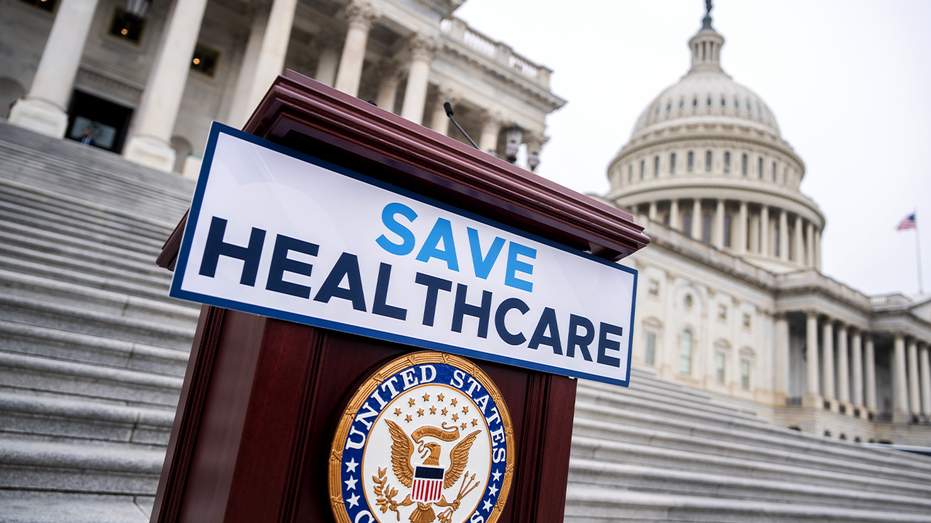The recent elections delivered a stark message: a significant wave has shifted in favor of the Democrats. This isn’t simply a temporary blip, but a fundamental realignment Republicans must confront head-on. Ignoring this outcome, as some suggest, won’t solve the underlying issues facing the party.
The Democratic surge wasn’t confined to a single state; it resonated across New York, New Jersey, Virginia, Pennsylvania, Georgia, and California. Governor Newsom’s decisive victory in California foreshadows potential challenges in the 2026 midterms, but even within these losses, glimmers of hope emerged for the GOP – lessons waiting to be unearthed.
A troubling example of this wave effect was seen in Virginia, where a Democratic nominee, burdened by deeply controversial past statements, still managed to win. The sheer momentum of the Democratic tide proved powerful enough to overcome even significant personal failings, a chilling demonstration of electoral force.
While some Republicans might hope for a future defined by figures like New York City’s Mayor-elect, the emerging leaders within the Democratic Party appear to be more centrist in nature. Governors-elect Spanberger and Sherrill represent a return to a more moderate approach, potentially influencing the party’s direction and even prompting a run by Governor Shapiro in 2028.
Spanberger and Sherrill share striking similarities: backgrounds in national security, families with multiple children, and a campaign strategy centered on moderation. This echoes a familiar playbook – one perfected by Barack Obama, who skillfully presented himself as a pragmatic centrist while enacting progressive policies.
Obama’s deliberate avoidance of endorsing more radical candidates underscores this strategy. Maintaining a centrist image is crucial, and the former president clearly understood the importance of that perception. This is a nuance often lost on those focused solely on ideological purity.
Beyond individual candidates, the Democrats demonstrated a remarkable level of message discipline. Across key states, their focus remained laser-sharp on affordability and the economy – the issues weighing most heavily on voters’ minds. Republicans, in contrast, often diverted attention to divisive social issues.
The economy presents a critical opportunity for the GOP. Existing policies, including incentives for American investment and Trump’s tariffs, have the potential to fuel a significant economic boom by 2026. Seizing this opportunity is paramount; the economy is, quite simply, theirs to win or lose.
However, a sluggish or underperforming economy in 2026 would almost certainly hand the House back to the Democrats. The stakes are incredibly high, and the window of opportunity is limited. Republicans must prioritize economic growth and demonstrate tangible results for American families.
Looking back, the Reagan years offer a valuable lesson. After a landslide victory in 1980, Republicans suffered setbacks in 1982, but Reagan’s team adapted, listened to the American people, and ultimately secured a resounding win in 1984. This responsiveness is what separates successful leadership from stagnation.
The George H.W. Bush presidency provides a cautionary tale. His failure to acknowledge and address the concerns of his base, coupled with a broken promise on taxes, led to significant losses and ultimately paved the way for a third-party challenge that disrupted the Republican ascendancy.
The question now facing President Trump and the Republican Party is whether they will heed the lessons of the past. Will they embrace introspection and adapt to the changing political landscape, as Reagan did? Or will they dismiss this election as an anomaly and stumble forward, repeating the mistakes of Bush?
The answer to that question will determine not only the fate of the Republican Party, but also the direction of American politics for years to come. The time for decisive action, and genuine listening, is now.






